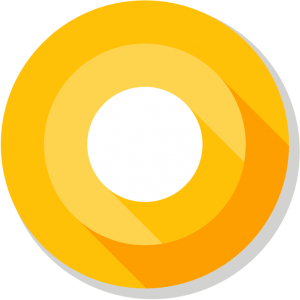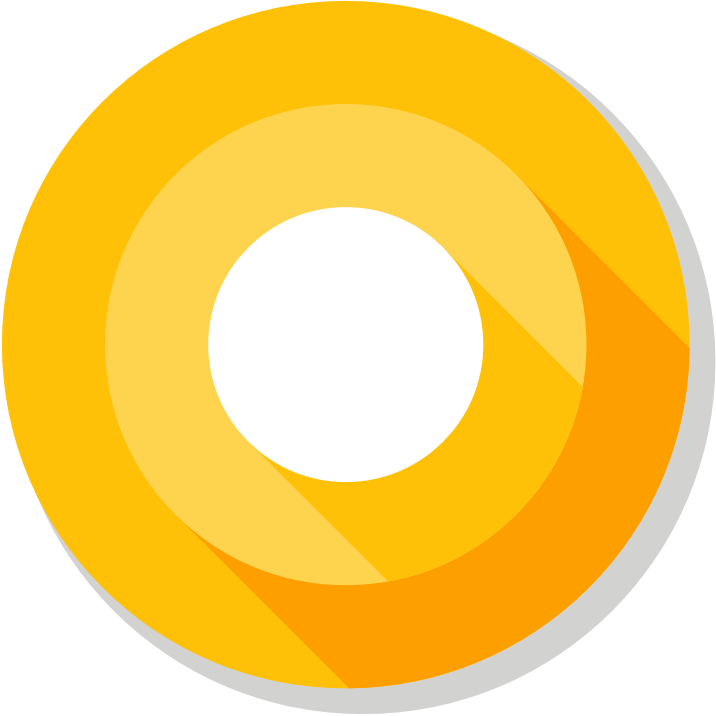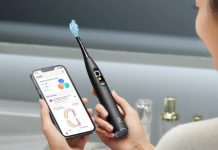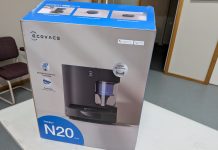
At Google I/O this year we got some more information on what’s happening with Android O when VP Engineering (Android) at Google Dave Burke took to the stage. We had the opportunity to talk with Mr Burke at I/O and he had some interesting things to say about Project Treble, as well as reference devices and more.
Android O
For Android O, the highlights are a focus on making Android more ‘Fluid’ to use and also optimising tools for developers with ‘Vitals’ a new language (Kotlin), better security with Google Play Protect and improved dashboards. Fluid experiences mean Picture-in-picture which offers floating window support, Notification Dots that offer a quick glance option for app icons when you have notifications, Autofill with Google for a smoother overlay and Smart Text Selection using TensorFlow Lite that adds contextual options to the copy/paste menu as well as recognising text for what it is.
We also got the Beta release of Android O which means a smoother update process for your supported devices.
But those are the headliners from the Keynote which we all saw on stage, or you can if you watch the repeat.
Project Treble
We were quite taken with the announcement of Android O’s latest update with Project Treble, with Android updates a real frustration for anyone who doesn’t own a Pixel, or Nexus device. Project Treble essentially modularises large portions of the OS to allow for faster updates for OEMs and even carriers.
As well as making for faster updates, Project Treble is also about trying to accelerate adoption making those monthly ‘Android Distribution Numbers’ posts look a little better when a new version of Android is released. Mr Burke said ‘This is why we release previews. We’re sharing code earlier every year. Android O is the earliest yet’.
Another benefit of Project Treble is that it will reduce the cost of doing updates and potentially extend the life of a device. At this stage, Mr Burke re-iterated Google’s current stance on updates ‘Nexus/Pixel devices get 18 months Desserts and 2 years security’. So with Project Treble this could change, but Google hasn’t got anything to announce on this – and it seems to be more a theoretical thing that Project Treble could allow for.
So,potentially longer device life span of devices is good but the modular design of Android with Project Treble that will let OEMs update faster. Project Treble will also help for adoption of Android P as Mr Burke said ‘Biggest thing is modularising the os so you can literally take the P version of android and it will run on O’.
So, will your existing device get Project Treble? The short answer is probably not…unless you have a Pixel. Existing devices updating to Android O won’t get Project Treble, but any new devices launched with Android O will be required to have Project Treble – or as Mr Burke put it they’ll be ‘Trebelised’.
So, Project Treble is big news and quite frankly, we can’t wait.
Reference Devices
The big move for Google last year was moving into hardware for themselves with the Google Pixel. This obviously left quite a bitter taste in the mouths of people who preferred the ‘non-premium’ Nexus line, although the price point for most Nexus devices – barring the Nexus 4 and 5 – was still quite up there. But still, Nexus was always seen as a ‘reference design’ to show off the best of Android in the latest release, but Mr Burke said we won’t be seeing reference designs any more.
As of last year, Pixel is Google’s jam. They’ve stopped doing Nexus. Mr Burke said, things like the 24×7 support option on Pixel is something they would never have done on Nexus – it’s a premium service. Pixel is just that, it’s premium and hence gets better features.
So…Nexus, or more specifically reference designs. Well, Google doesn’t see the need to create reference devices any more. So, it’s not likely we’ll see any more reference devices in the Nexus line – or at least that’s the current mindset, but that, like many of Google’s stances could change.




